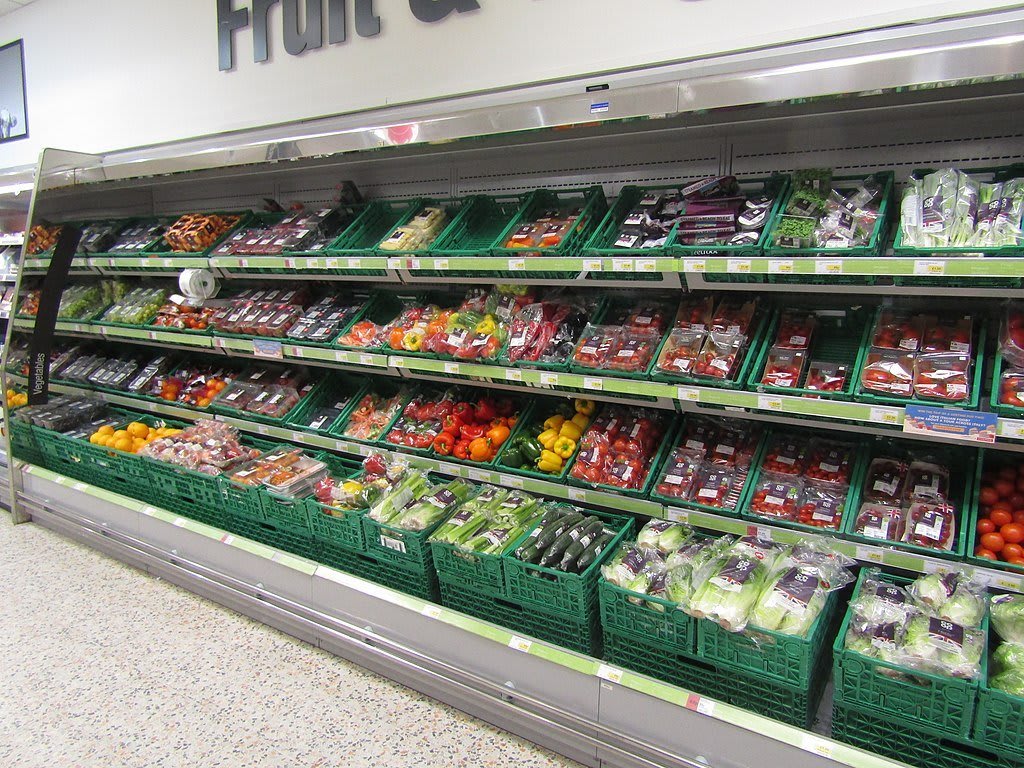
The United Kingdom left the European Union on 31st January this year and is currently in a transition period which ends on 31st December. They are currently locked in negotiations with the EU to see if they can come up with a deal that suits both parties. Whilst the UK may not enjoy many of the things that it had during it’s period of full membership of the EU, it is keen to come up with an agreement that will not change the way UK businesses trade with the EU in a major way.
One of the main reasons that the UK voted to leave the European Union was about taking back control from Europe and having the power to decide what laws would affect British people and which wouldn’t. There have been long disagreements which have gone back and forth with both parties disagreeing on many parts of any arrangement.
Another thing which is being discussed is whether any tariffs of charges will be put on goods coming from the EU to the UK or vice versa. While the trade agreement is still being negotiated, the British Retail Consortium (BRC) recently reported that if there is no breakthrough, 85% of food imported from the EU is expected to face tariffs of more than 5%. Furthermore, food shortages are likely in a no-deal scenario, with the National Audit Office warning that there will be “widespread disruption” from January 1.
Many businesses who have their headquarters in the UK have stated that they will move abroad after Brexit because they expect they will suffer a loss of business and trade due to lack of supply of certain items which come from the EU. The main issue is how will this affect supermarkets in the UK. Previous data conducted by retail technology pioneers Upmarket, has found that 59% of Brits(30 million) believe that Brexit will increase the price of food and produce in supermarkets.
Food shortages are also a huge cause for concern for both retailer and consumer as evidenced by the stockpiling crisis that occurred during the first few weeks of lock down. This resulted in supermarket rationing and thousands of customers being unable to access every-day essentials. If people can’t get their everyday essential items in their local shop, they will be forced to look elsewhere and this will mean a loss of trade for many shops leading to more people facing poverty and not being able to feed themselves or their families. They will be forced to apply for benefits such as Universal Credit which can lead to higher taxes in the future.
Statistics have shown an increase in the number of people applying for benefits such as Universal Credit since the EU Referendum in which the UK voted to leave. This proves that more people are struggling to find work and this means they can’t afford their everyday essentials in the shops. In the supply chain, workers who may have come from abroad in the past, will now have to be sourced locally. This can be increasingly difficult as there may not be any local applicants for jobs in certain supply chains meaning a lack of supply of certain products.
52% of people in the UK (almost 24 million people) are happy for retailers to collect consumer data if they can benefit from money-saving opportunities
24% of people in the UK (10 million people) say food retail is the only sector in which they appreciate personalised offers
These statistics show that by implementing mobile technology, there is an opportunity for retailers to improve the customer experience, which may result in increased spending, thus boosting the economy.
It is becoming more and more apparent that we may be left in a no deal scenario and this will have an extremely negative effect on the retail sector. Cheaper alternatives may have to be found for certain products. By monitoring stock levels, promoting cheaper alternatives and quelling steep price rises, millions of consumers are seeing the benefits of streamlined and personalised shopping.
There is bound to be less choice for consumers in UK supermarkets as many goods and products will have originated in the EU and may have higher tariffs put on them. This will mean that some people may be put off going to certain supermarkets and will have to shop elsewhere or even shopping online. This will mean that many supermarkets will have a loss of revenue and workers will be pushed in to the benefit system.